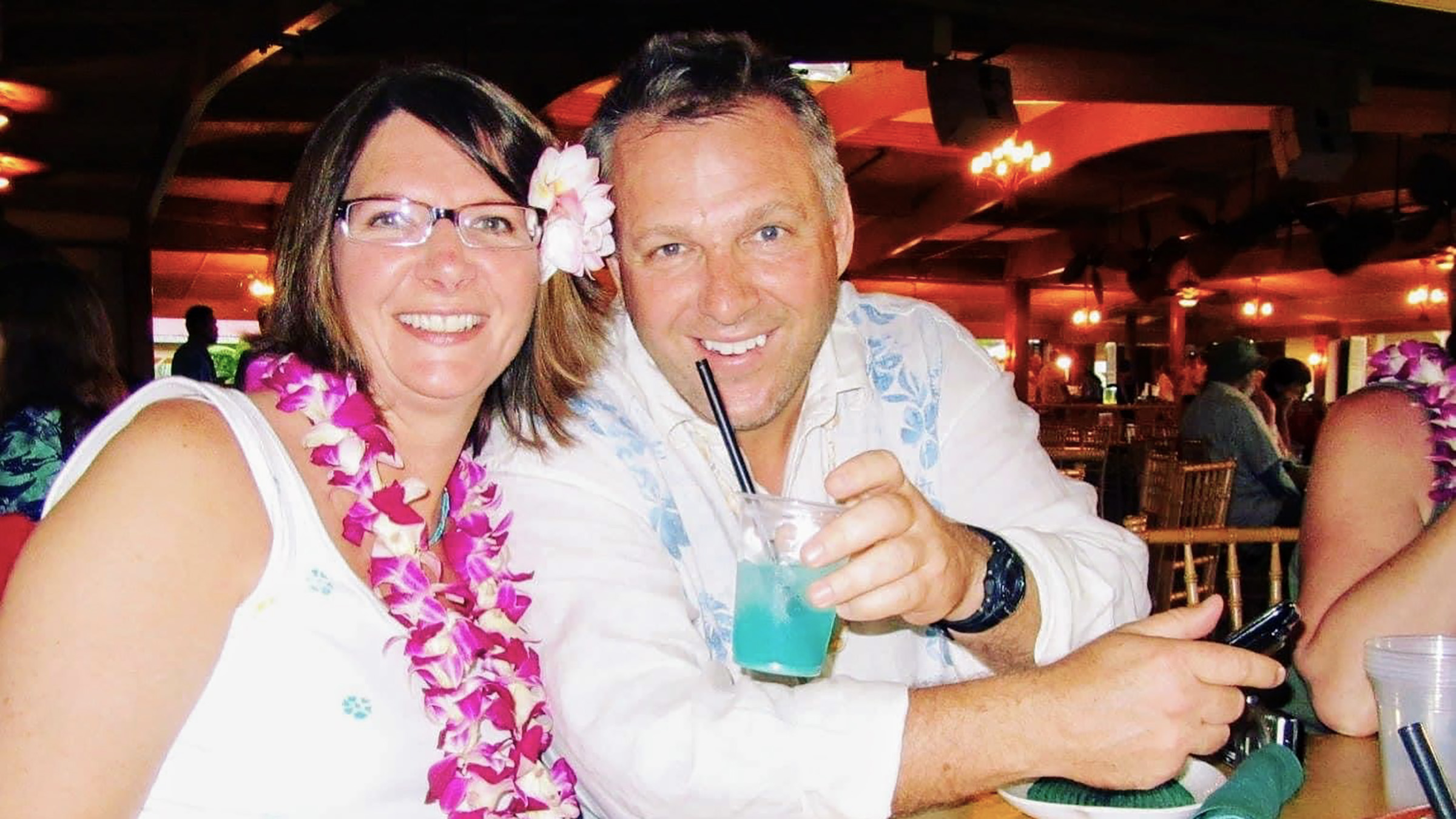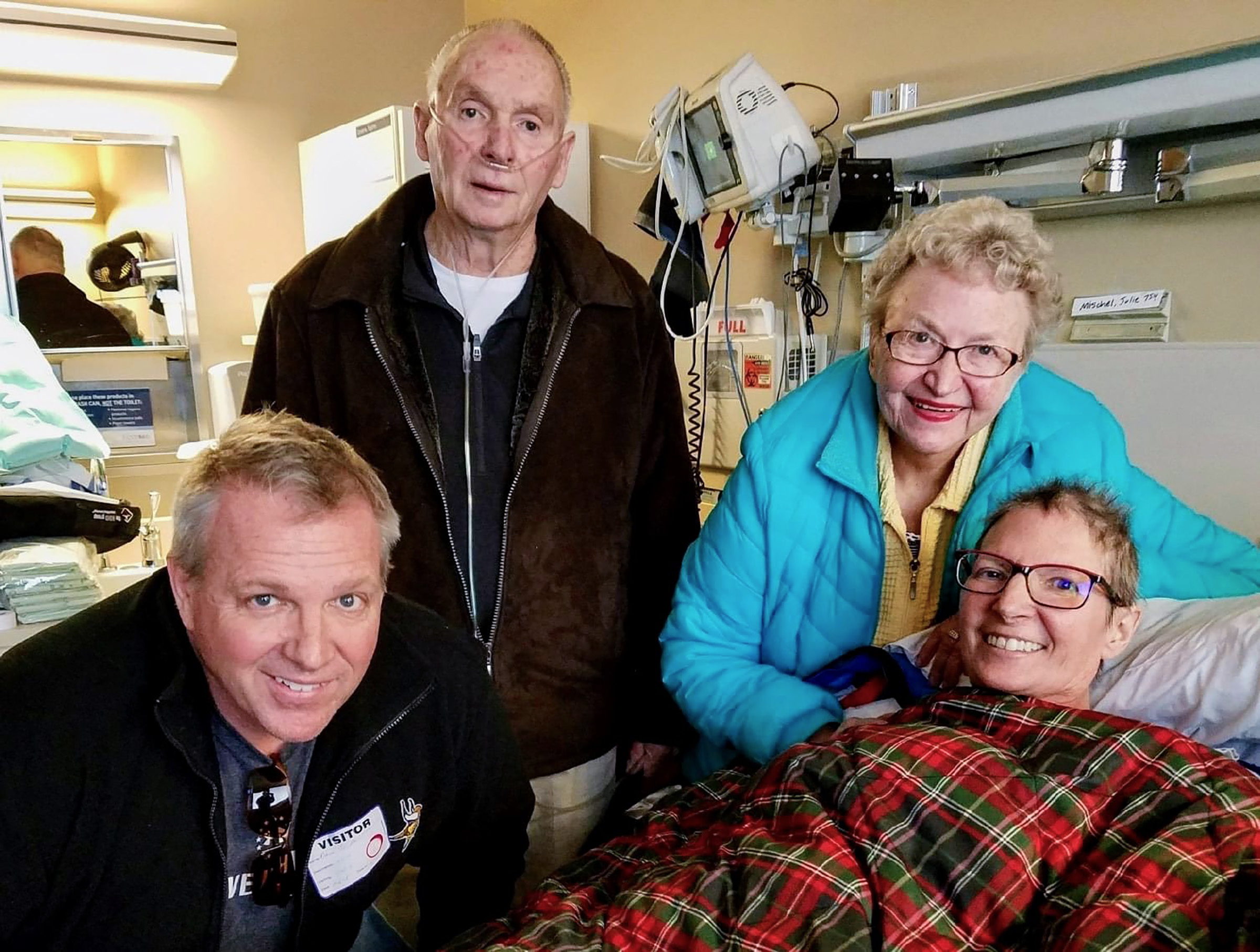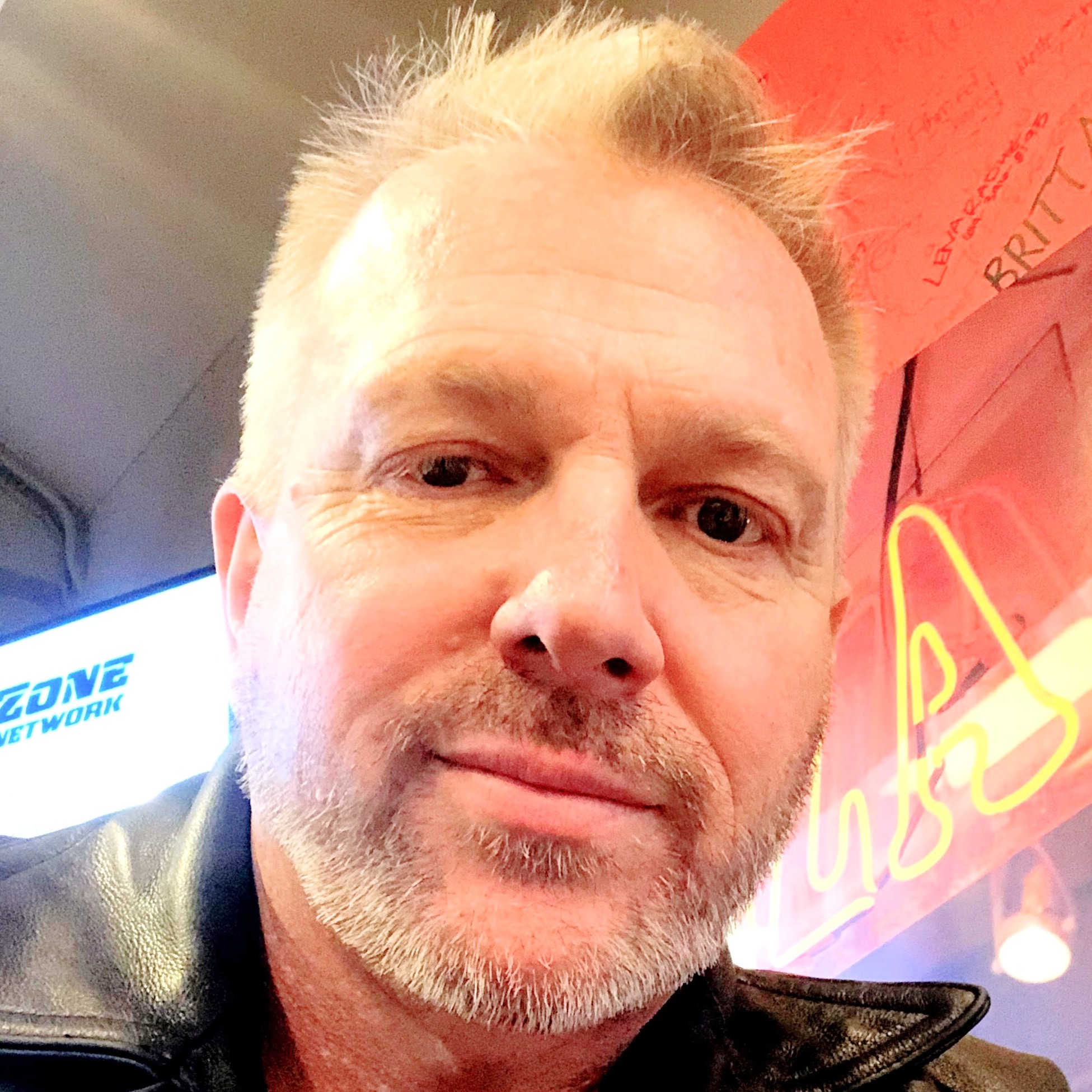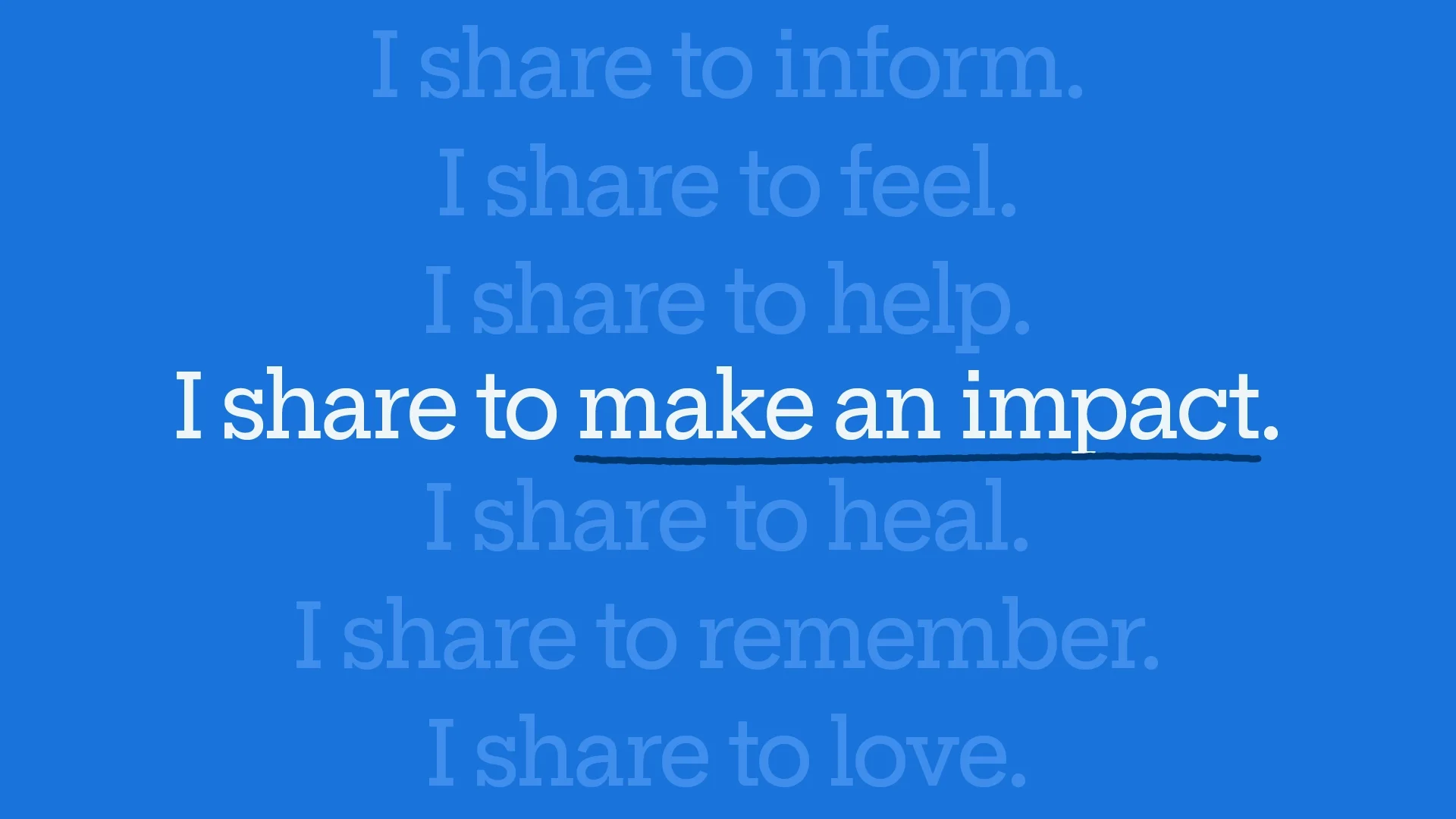Key takeaways:
Writer Dave Dondoneau’s sister, Julie, died of rectal cancer in 2018.
Dave talks about her journey as a way to connect with people and remind them to get a colonoscopy.
Cancer screenings can help people avoid what his family went through, Dave says.
I am probably the only person on social media who loves to see photos of magnesium citrate posted on their timeline and sent to their inbox.
Why?
Because the accompanying messages typically read: “Thinking of you and your sister” or “I scheduled my colonoscopy because of you and Julie. Thanks for sharing.”
I wish I could tell Julie about the difference she continues to make because of the courage she had in sharing her final journey. I wish I could thank her again and again — and again — for taking me along for the ride.
Julie (Dondoneau) Mischel died on May 17, 2018, a little over a year after being diagnosed with stage 4 rectal cancer. She was 56.
The recommended age for a colonoscopy is 45
Since Julie’s death, about 500 friends and Facebook contacts have reached out to tell me they’ve gotten or scheduled a colonoscopy because of her journey. (It’s likely more, but I’ve lost count.) Some had stage 1 and stage 2 colon cancer, and many had polyps that were removed before they became cancerous. Two had stage 4 colon cancer.
Colorectal cancer can be a horrific final journey. But, on the flipside, it’s one cancer whose horrors can be avoided if caught early or in pre-cancer mode. Colorectal cancer has a very high survival rate in the early stages.
According to screening guidelines at the time, Julie was 5 years overdue for her colonoscopy. Today, the recommended age is 45.
If she regretted not getting checked earlier, she never said it. Julie was never one to look back and lament the what-ifs. Her motto was always: “What’s happened has happened, so there is no use in worrying about it. How can we fix it and make it better moving forward?”
- AdrucilFluorouracil
- LeucovorinGeneric Wellcovorin
- XelodaCapecitabine
The power of positive thinking
They say an optimist looks at a glass as half full, rather than half empty. But my sister could look at an entirely empty glass and shout out, “All this means is the next pour is going to be twice as much. This is awesome!”
She was the epitome of positive thinking and paying it forward.

She sat on several charity boards in Bismarck, North Dakota, and was involved in Women’s Leadership Circles. She also volunteered for Meals on Wheels and was a longtime member of the North Dakota Jaycees.
Additionally, she would do little things like give out red envelopes on Chinese New Year to her fellow employees to bestow happiness and blessings.
There is so much more to her charity and giving, but her lasting impact and legacy is her choice to share her final journey and make a difference in the lives of others.
The good, the bad, and the ugly
At times, Julie’s journey with rectal cancer wasn’t easy on her and our family.
After her first round of chemotherapy and radiation failed to shrink the tumors, doctors started her on a more aggressive second round, in late October. Within 3 months, she developed neuropathy (nerve damage) as a side effect and couldn’t brush her hair or teeth, button her clothes, or hold onto her iPad while bedridden in the hospital.
When she could no longer post updates on Facebook on her own, she asked me — or told me, rather — to chronicle her journey.
“Good, bad, ugly. Just do it,” she said. “If people can see what can happen, maybe they’ll get checked more.”
She was very serious about opening a window into her experience to give friends a glimpse of what can happen if they don’t get checked for colorectal cancer.
Getting over the stigma of rectal cancer
When I was 18, my first editor told me, no matter what you write or your intent, be prepared for criticism. And if you can’t take it, don’t write.
I found that to be tried-and-true advice over the years, some of the best I ever received.
But I really didn’t need to worry this time. While a few people reached out to say they would never share so much personal information — and even questioned why we would share so much — more and more friends seemed to follow and comment each day in support of her.

Eleven days before her death, Julie had a good day. She was able to sit outside on her patio for the first time in 6 months. It was her happy place, and we decided to make a video that would explain why she shared so much of her journey.
Without skipping a beat, she explained: “There’s a stigma about rectal cancer because it comes from the butt area, but it’s the second-leading cause of cancer deaths. The more we can do to normalize talking about it, the more people will get checked. I want everyone to see what can happen if you don’t catch it early.”
Why I continue to share my sister’s cancer story
Years later, I’m still asked on occasion why we shared so much and if we would do it again.
The answer is always a quick, resounding yes.
I’m not sure what I would share if I were in a similar place, honestly. I realize it takes a lot of strength and courage. Most importantly, it takes a big heart to talk about what is happening in the worst of times, just to help other people.
I think of Julie every time somebody reaches out with a colonoscopy story.
Each time, I love to respond with something light and fun, like, “I’m glad you have a nice butt. Thanks for sharing!”
That may sound silly, but the goal of sharing Julie’s journey was to normalize talking about colorectal cancer, just as we would breast cancer.
The more we normalize speaking about colorectal cancer, the more natural scheduling colonoscopies will feel.
GoodRx Health Columnist

Dave Dondoneau
Contributor
Dave Dondoneau is a contributing freelance columnist based in West Fargo, North Dakota. He's interested in writing about why people share stories about their health conditions. Sometimes a health crisis can be an opportunity to connect with others. What's your reason to share? Tell us your story. Reach out to patientstories@goodrx.com.

Why trust our experts?

















